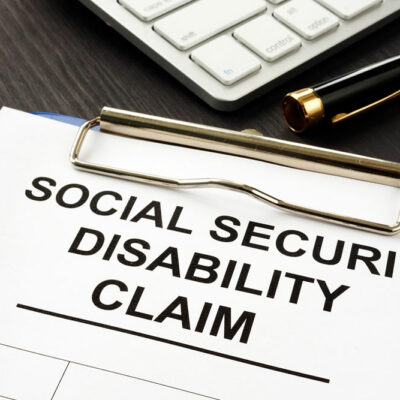
6 common signs of macular degeneration
Macular degeneration is a type of eye disease that is often associated with aging. So, it primarily affects those over the age of 50, interfering with their central vision in one or both eyes. The condition can be managed and slowed down if one gets diagnosed in time. Here, addressing unusual changes in vision and getting regular eye checkups can help. Further, the following signs of macular degeneration should prompt one to seek medical intervention: 1. Blurred vision After the age of 50, one may begin experiencing blurred vision, which could be a sign of age-related macular degeneration. Even though macular degeneration does not always come with warning signs, persistently blurred vision should prompt one to get a complete eye examination. The symptom could be observed in one or both eyes. Here, the damage to the macula—a region in the center of the retina—can make things right in front of the eyes seem blurry as well as far away objects can be difficult to see. 2. Distorted vision Macular degeneration can make objects look disfigured. For instance, straight lines may appear to be curved or wavy. Although this sign is one of the later symptoms of the condition, if one does begin to notice such distortion, they should consult an eye doctor.
Read More 







